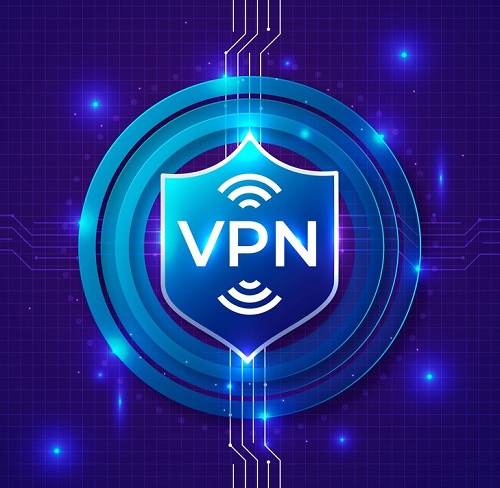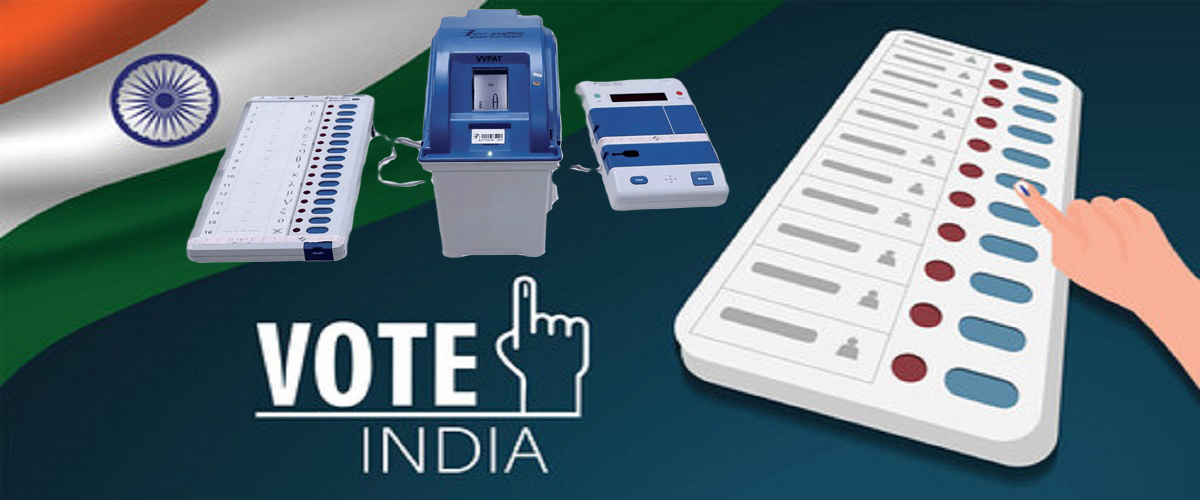What is VPN?
A VPN, or Virtual Private Network, establishes a secure and private connection between two points communicating over a network, usually the Internet. In an enterprise setting, a VPN gateway serves as the endpoint for access connection requests from remote users. Once a remote worker authenticates to this VPN endpoint, an encrypted channel is established between the endpoint and the remote VPN client.
 During this setup phase, all traffic passing through the VPN is encrypted. This encryption ensures that eavesdroppers cannot intercept or view data transmitted over the channel, providing secure connectivity even over untrusted or unsecured networks. VPNs are essential to maintain privacy and security when accessing the Internet, especially when using public Wi-Fi networks.
During this setup phase, all traffic passing through the VPN is encrypted. This encryption ensures that eavesdroppers cannot intercept or view data transmitted over the channel, providing secure connectivity even over untrusted or unsecured networks. VPNs are essential to maintain privacy and security when accessing the Internet, especially when using public Wi-Fi networks.How is the working of VPNs?
- A VPN, or Virtual Private Network, works by creating a secure and encrypted tunnel between your device and a remote server. This tunnel allows you to securely access the Internet and other resources while protecting your data from cyber threats.
- Imagine the Internet as a busy highway where data is constantly flowing. A VPN creates a hidden tunnel beneath this highway, ensuring that your data travels securely and privately. This encryption ensures that your data remains secure, even when traveling over an unsecured network.
- A VPN consists of two main components: a network access server (NAS) and VPN client software. The NAS acts as the gateway between your device and the Internet, while the VPN client software creates and manages the secure tunnel.
- One of the major benefits of using a VPN is that it hides your IP address, making your online activities virtually invisible to others. This not only enhances your privacy but also helps protect you from cyber threats.
- Overall, VPNs are essential tools for ensuring online privacy and security, especially when accessing the Internet on public Wi-Fi networks.
What is the purpose of a VPN?
The primary purpose of a VPN is to enhance online privacy and security. VPNs are commonly used on public networks to protect against hackers and spies. They work by encrypting your Internet connection, hiding your IP address, and protecting your browsing activity and personal data from being monitored or intercepted.
As our lives become more digital, our privacy is becoming more and more insecure. There are many threats to our online privacy, from Internet service providers (ISPs) tracking our online activities to companies collecting and selling our data. A VPN helps reduce these risks by encrypting your Internet connection and hiding your location, making it more difficult for third parties to track your online activities.
In short, a VPN is a valuable tool for ensuring online privacy and security, especially when using public Wi-Fi networks.
What are the advantages of using a VPN (Benefits of using VPN) :
In today's digital age, ensuring your online privacy and security is paramount. One of the most effective tools to achieve this is a Virtual Private Network (VPN). Let's learn about some of the key benefits of using a VPN:
Advanced Security: VPNs encrypt your Internet connection, making it virtually impossible for hackers, ISPs, or other third parties to intercept your data. This ensures that your sensitive information, such as passwords, credit card details and personal messages, remain safe.
Privacy protection: By hiding your IP address and encrypting your Internet traffic, VPNs help protect your privacy online. This prevents websites, advertisers, and even governments from tracking your online activities and collecting data about you.
Access restricted content: VPN can help you bypass geo-restrictions and access content that may be blocked in your region. This includes streaming services, websites, and other online services that may be unavailable in your country.
Avoid bandwidth throttling: Some ISPs throttle internet speeds for certain activities like streaming or torrenting. Using a VPN can help you avoid this throttling by hiding your online activities from your ISP.
Secure remote access: For businesses, VPNs provide a secure way for employees to access company resources remotely. This allows employees to work from anywhere without compromising the security of the company's network.
Network Scalability: VPNs are scalable, meaning you can easily add or remove users as needed. This makes them ideal for businesses that need to provide secure access to large numbers of employees or remote workers.
Reduce support costs: By using a VPN service, businesses can reduce the costs associated with maintaining and securing their own network infrastructure. This is because VPN providers handle maintenance, performance checks, and security measures, saving businesses time and money.

Ultimately, VPNs offer a variety of benefits, from increased security and privacy to access to restricted content and lower support costs. Whether you want to keep your personal information safe online or secure your business's network, a VPN is a valuable tool that can help you achieve your goals.
Disadvantages of using a VPN?
While VPNs offer many benefits, there are also some disadvantages that should be considered. Let's explore some of the potential drawbacks of using a VPN:
Low Internet Speed: The encryption process used by VPNs can sometimes cause slow internet speeds. This is because encrypting and decrypting data takes time, which can result in delays in loading websites or downloading files. However, the impact on speed varies depending on the VPN service and the level of encryption used.
VPN blockers: Some websites and services actively block VPN users from accessing their content. This is especially common in countries where Internet censorship is prevalent. If you encounter a VPN blocker, you may not be able to access some websites or services when connected to the VPN.
Complex configuration: Installing and configuring a VPN can be complicated, especially for users who are not familiar with networking terminology. While many VPN providers offer user-friendly apps and guides, some users may still find the process confusing. Incorrectly configured VPNs can also leave you vulnerable to security threats.
Cost: While there are many free VPN services available, these often come with limitations such as data caps, slow speeds, and fewer server options. For more advanced features and better performance, you may have to pay for a premium VPN service, which may add to your monthly expenses.
Security Risks: While VPNs are designed to increase security, they can also introduce new security risks. For example, if a VPN provider does not properly secure its servers, your data may be exposed to hackers or other malicious actors. It is important to choose a reputable VPN provider with a strong track record of security.
Legal issues: Using VPNs is not legal in all countries. Some governments restrict or ban the use of VPNs as a means of controlling Internet access and preventing citizens from accessing certain content. Using a VPN in a country where it is banned may have legal consequences.
While VPNs offer many benefits, including enhanced privacy and security, they also come with some disadvantages. It is important to carefully consider these factors and choose a VPN service that meets your specific needs and requirements.
Thanks








0 Comments